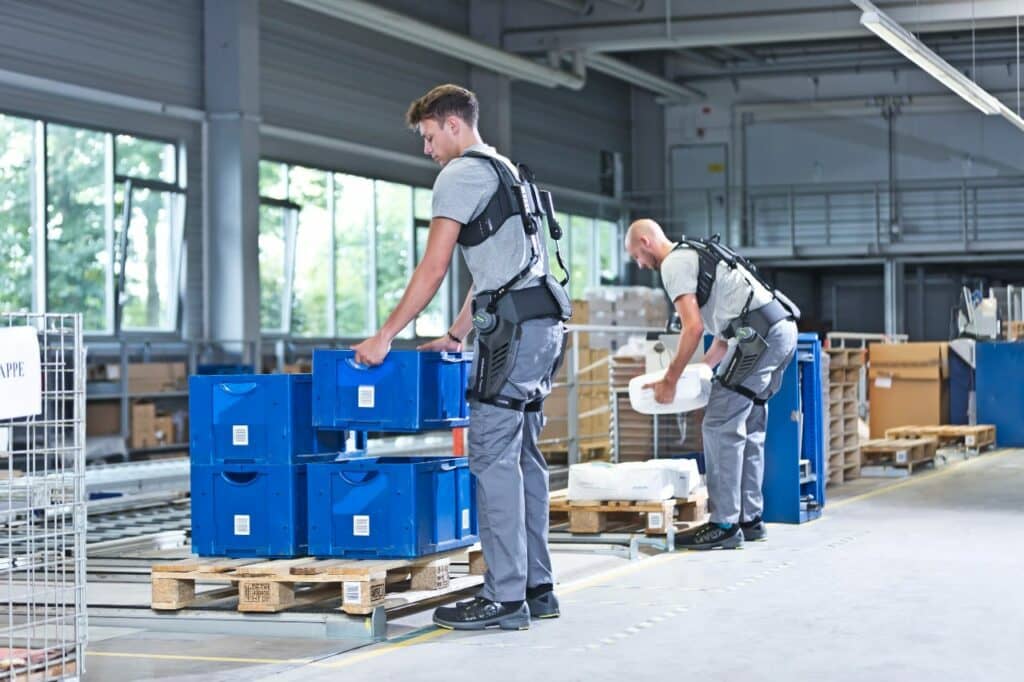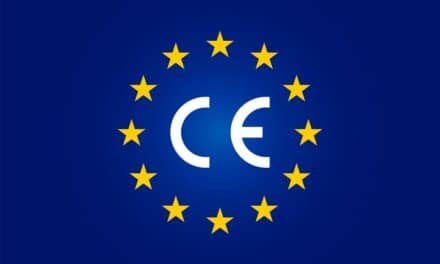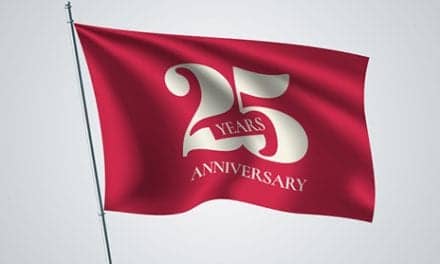Ottobock, a provider of prosthetics, orthotics, and exoskeletons, announces the acquisition of 100% of the shares of suitX, a US-based company spun out of the Robotics and Human Engineering Lab at the University of California, Berkeley, which specializes in the research and development of occupational and medical exoskeletons.
Ottobock and suitX are combining their expertise and products to take the exoskeleton market to a new level and to foster the worldwide adoption of exoskeletons.
suitX founder and former CEO Dr Homayoon Kazerooni, professor of Mechanical Engineering at the University of California, Berkeley, will remain with the company in the role of Chief Scientist. suitX will become part of Ottobock Bionic Exoskeletons (formerly Ottobock Industrials), the company’s division for the development of occupational exoskeletons.
The management of Ottobock’s global Bionic Exoskeletons business, which runs under the brand name Paexo, will continue to be handled from Duderstadt, Germany, Ottobock notes in a media release.

“Together with suitX, Ottobock’s exoskeletons business Paexo will become a world-leading provider of exoskeletons in production, logistics, servicing, and the trade sector. We will jointly create significant socio-economic benefits by improving occupational health for employees while reducing sickness absence and treatment costs for companies and healthcare systems.
“This transaction increases our footprint and network in North America and comes at the perfect time as we expect the market for occupational exoskeleton solutions to grow dynamically in the coming years,” says Philipp Schulte-Noelle, CEO of Ottobock.
The portfolios of Ottobock and suitX are complementary and together offer exoskeletons that relieve strain on the body during overhead work and jobs involving lifting. Ottobock’s Paexo product range includes solutions that support the wrist, thumb, and neck. suitX develops and manufactures occupational, healthcare, and recreational exoskeleton systems. The suitX portfolio of occupational exoskeletons includes backX, legX, and shoulderX modules that reduce the risk of injuries among workers.
Each module can be worn individually or in combinations suitable for various industrial work settings. In the healthcare arena, Phoenix, a lightweight and FDA-approved exoskeleton, allows individuals with spinal cord injuries to be upright and mobile. suitX is developing a new line of exoskeleton products to support their wearers during recreational activities, the release continues.
“I am thrilled about our new chapter of research and innovation with Ottobock. Together with Ottobock, we will provide lasting changes to communities worldwide with our state-of-the-art innovation in exoskeleton technologies. I’m looking forward to bringing our technologies to communities internationally with Ottobock for better quality of life,” says Dr Homayoon Kazerooni.
“Our exoskeletons offer a huge relief of physical burdens for the workforces in many industrial and logistic workplaces. Shortage of skilled labor, an aging workforce, increasing importance of employee safety and injury prevention as well as a growing awareness of injury costs will contribute to the dynamic growth of the market.
“We expect that recent technological advancements in weight, ergonomic fit and functionalities, paired with increasing affordability will fuel adoption rates in the industry. We believe that major industrial and retail companies will lead this development and pave the way for their industries,” Dr Soenke Roessing, Head of Ottobock Bionic Exoskeletons.
[Source(s): Ottobock, Business Wire]





